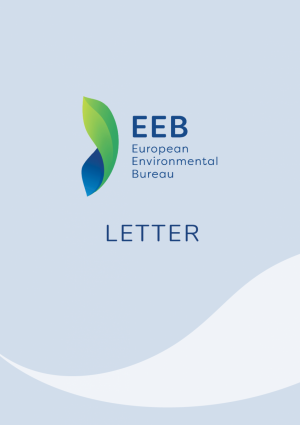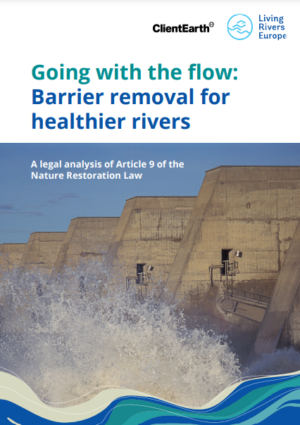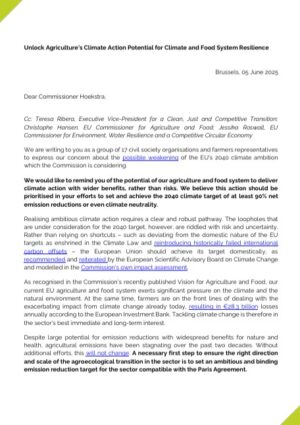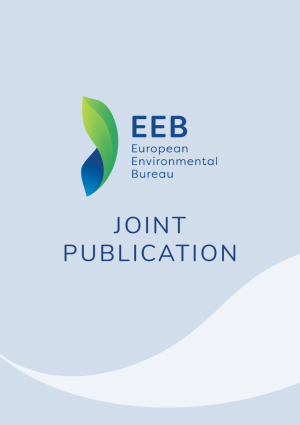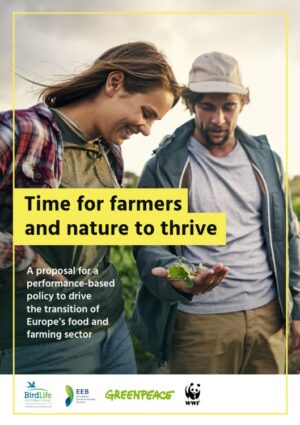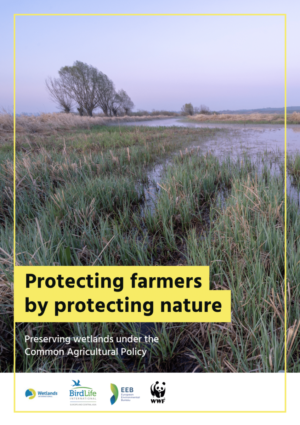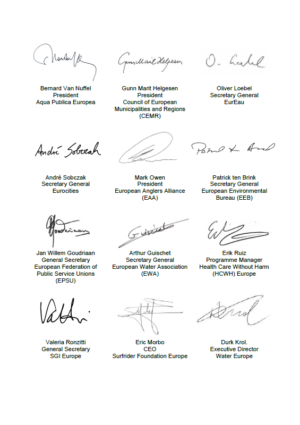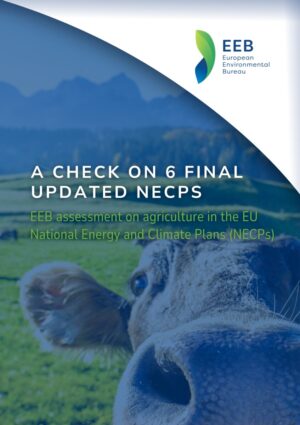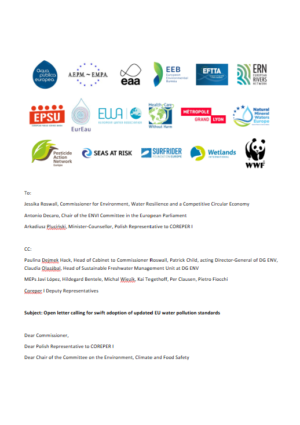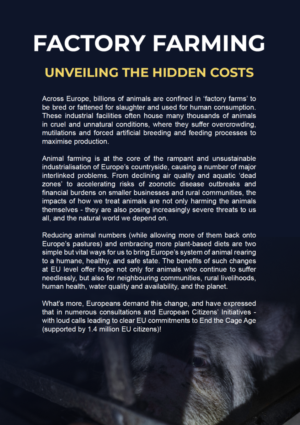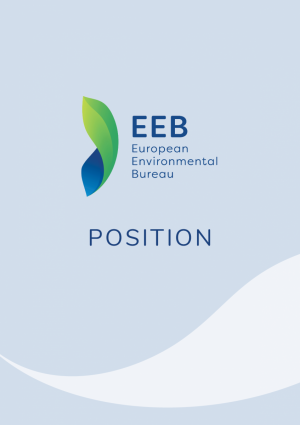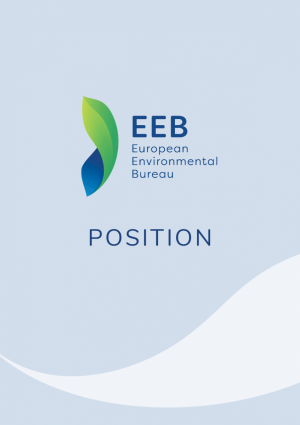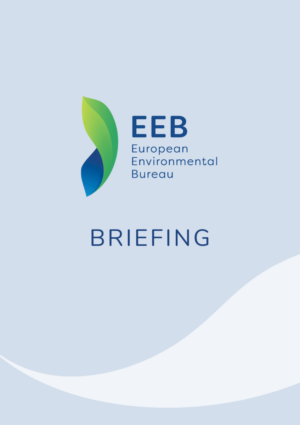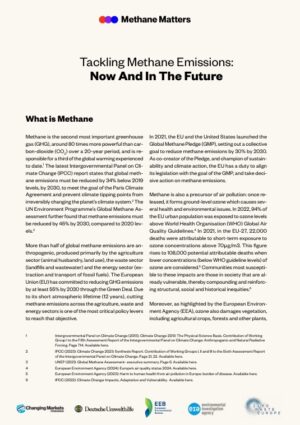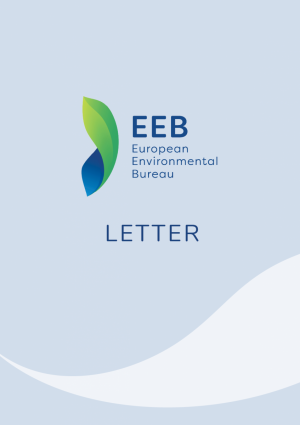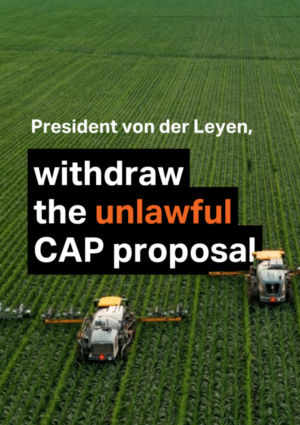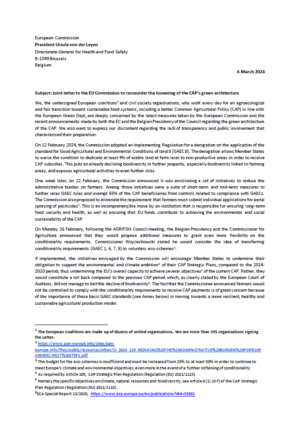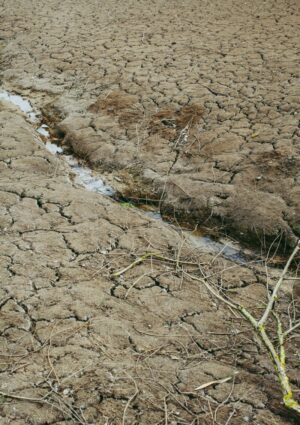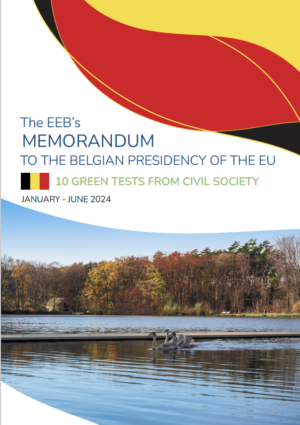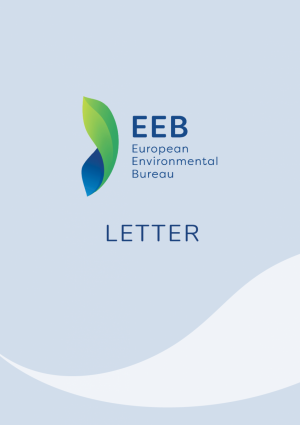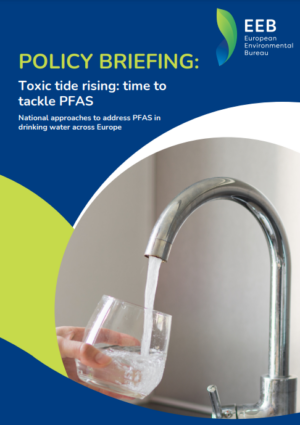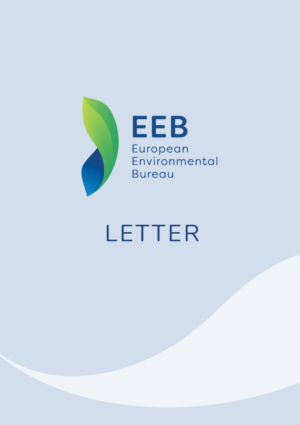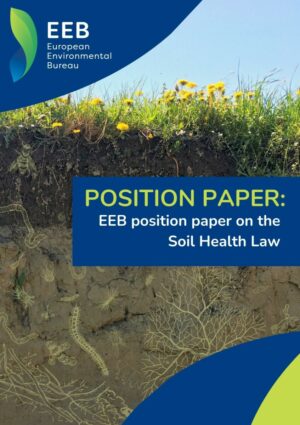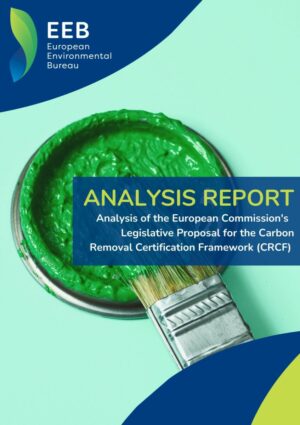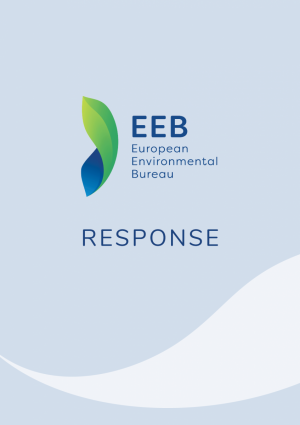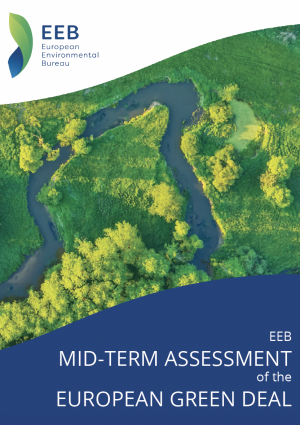Animal Welfare
The link between animal welfare and the state of both our climate and environment is becoming increasingly acknowledged. From greenhouse gas (GHG) emissions to the pollution of water, soil and air, current levels of intensive animal rearing – an industry defined by extreme and widespread suffering – is threatening our planet, our health, and the very foundations of EU democracy.
Out of control
From the unnecessary use of cramped cages to other painful and inhumane practices, millions of animals in Europe are farmed in an intensive mechanised system that treats them as mere commodities. All this damage and suffering is inflicted merely to increase productive capacity and maximise the profits of a small minority.
This prevailing ‘growth-at-all-costs’ model of factory farming is not only proving devastating for our environment (e.g. causing ‘dead zones’ in our aquatic ecosystems); it also accounts for 70% of the climate-heating GHGs coming from Europe’s agriculture. On top of that, it poses huge risks to human health, both from zoonotic disease transmission and from antimicrobial resistance.
To improve the inadequate animal welfare standards (and address its many harmful consequences) in Europe today, we must first address the sheer number of animals intensively farmed within the dominant model of animal production. Achieving this requires concerted efforts to shift production-side policy (that today overwhelmingly favours and disproportionately supports the overproduction of unsustainable animal-sourced foods). However, it also demands meaningful action on consumption, particularly by supporting more equal and widespread access to healthy and sustainable diets by creating more favourable ‘food environments’, encouraging ‘less and better’ meat consumption e.g. through sustainable public procurement schemes, and tackling disinformation around diets.
Outdated
Over 20 years old, the EU’s existing legislation on animal welfare is outdated. At the start of the 2019-2024 legislative cycle, the European Commission had pledged to undertake its revision. Even its own fitness check showed the existing EU rules on animal welfare to be unscientific and in need of a thorough update. And yet, this promised revision still remains unpublished…
Ending the Cage Age
Millions of people across Europe care about the welfare of farmed animals. In fact, whenever given the opportunity to express their opinion, Europeans have called loudly and overwhelmingly for improvements in animal welfare in Europe. This reality is exemplified by the fact that over half of the only 10 successful European Citizens’ Initiatives (ECI) relate directly to animal welfare. In 2020, the ‘End the Cage Age’ ECI, which gathered over 1.4 million signatures, became the first such initiative to lead to concrete commitments by EU policymakers on putting an end to cage farming in the Union. The most recent Eurobarometer survey (October 2023) showed that all 27 EU Member States, over 80% of Europeans call for the promised ban on cage farming in Europe.
However, despite being promised by the final quarter of 2023, we are still waiting for the European Commission to act on these commitments and deliver the desperately needed ban on cages. In the meantime, the ‘End the Cage Age’ ECI Committee has launched legal action against the Commission for failing to deliver – watch this space.
What we want
For the sake of vulnerable and declining natural ecosystems, an inhabitable planet for current and future generations, the welfare of billions of sentient beings, the health of millions of Europeans and the democratic principles on which the EU was founded, we call for the urgent action to improve animal welfare across the EU. The EEB’s Agri Team, alongside our members, various EU level partner organisations, and millions of citizens are demanding action from our policymakers to bring about the brighter future within reach.
To find out more, see the EEB’s 2024 position paper on EU animal welfare, or this META piece that presents four good reasons why animal welfare should matter to us all.

